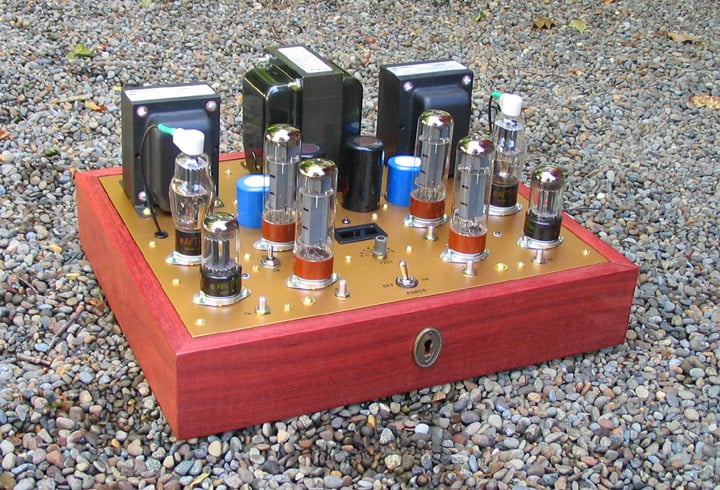Your Legal Resource
Bob Richards Audio Circuit And Speaker Engineer
Bob Richards Audio Circuit and Speaker Engineer
===================================================================
Click on "Audio Projects" for details on the projects.
My Audio webpages are intended to be fun and informative for the analog audio engineering hobbyist.
Some Background:
I grew up marveling over the 1950's Hi-Fi system my Dad built. The speaker cabinet was a folded corner horn design. Pretty fancy for the times. As a young boy, most of my toys were electronic stuff pulled out of people's trash. At some point, I figured out how to turn an old junked radio into a usable amplifier, by feeding signals into the top of the volume control. When I was about 7 years old, my Dad removed the magnet from his University "Diffusacone" 12-inch speaker driver, and repaired the burnt open voice coil, on our dining room table. It was a success. I watched the whole thing. In about 3rd grade my Dad gave me a small battery-operated tape recorder, which I eventually dissected carefully, so I could reuse every part. When I was 10 years old (1965) a friend found a stereo amp in someone's trash and gave it to me. He knew I loved tampering with electronics, especially audio stuff. My dad hooked it up and showed me what true stereo was all about. I had thought it was just mono with two speakers. He put on a stereo demo record and I was blown away. I think my destiny was largely formed that day.
My mom played piano and violin, so I had a lot of musical influence from her, besides the music on the radio in Detroit Michigan (Motown). When I was 11 (1966), a friend let me take apart his parent's Magnavox stereo console enough so I could see what a crossover network consisted of (just a 4 uF capacitor in series with a 3-inch tweeter - "Ah-HA!!!" I could do that"). Now I was off and running, building multi-way speaker systems. I got into transistor amplifier building, mostly from kits in high school. In 10th grade I started playing guitar and eventually built 3 Fender Dual Showman guitar amps, and sold two of them in order to afford one for myself. A few years later I moved to Oregon.
In 1978, I got my Associate of Science Degree as an Electronic Engineering Technician from LCC in Eugene and got hired by Tektronix in Beaverton, Oregon. Now I got to pick the brains of the big boys (top class EE's), and have access to tons of very good parts. Plus, they offered free classes taught by the top-notch pioneering Engineers. My career was really taking off big time.
I've had the good fortune of working as an Engineering Assistant with some amazingly good engineers both in Video Engineering at Tektronix (Bruce Penney MSEE), and in various engineering groups at Dolby Labs in San Francisco (SR noise reduction, Cinema Products Engineering, and custom projects for the Listening Rooms under the direction of Senior Engineer Ken Gundry), and a few AV companies.
During my time at Tektronix, I troubleshot and calibrated 250mHZ Oscilloscopes (all variations of the 475 and 465's), professional Video Demodulators, and very high-end Spectrum Analyzers in a production environment. As an Engineering Assistant, I helped develop the world's best (According to ABC in 1983) Digital Video Frame Synchronizer (The 110S), which included state-of-the-art A to D and D to A video converters. We also produced a few NBS (National Bureau of Standards) traceable video calibration fixtures, and a baseband digital video test signal generator for TV stations.
I've worked at two "Pro-AV" (Audio and Video) companies fixing electronics on the bench and in the field. I've done some high-quality digital recordings of various musicians, non-professionally. I've done extensive research and experimentation on how the ear-brain mechanism psycho-acoustically determines image location. I've played with head mic techniques, holographic generator variations, effects of listening room acoustics. I've attended the Don Davis 3 day long Sound System Engineering seminar (in 1984).
In the last 10 years (2006 - 2016), I've researched, designed, and built most of the projects you see on this website.
Although I believe the information on these pages is accurate, I'm a student like the rest of us. I encourage corrections, and feedback in general.
I hope these projects and the detailed design information are helpful and inspiring.
May the osmosis of the cosmos is be with you.
Portland Oregon, USA
